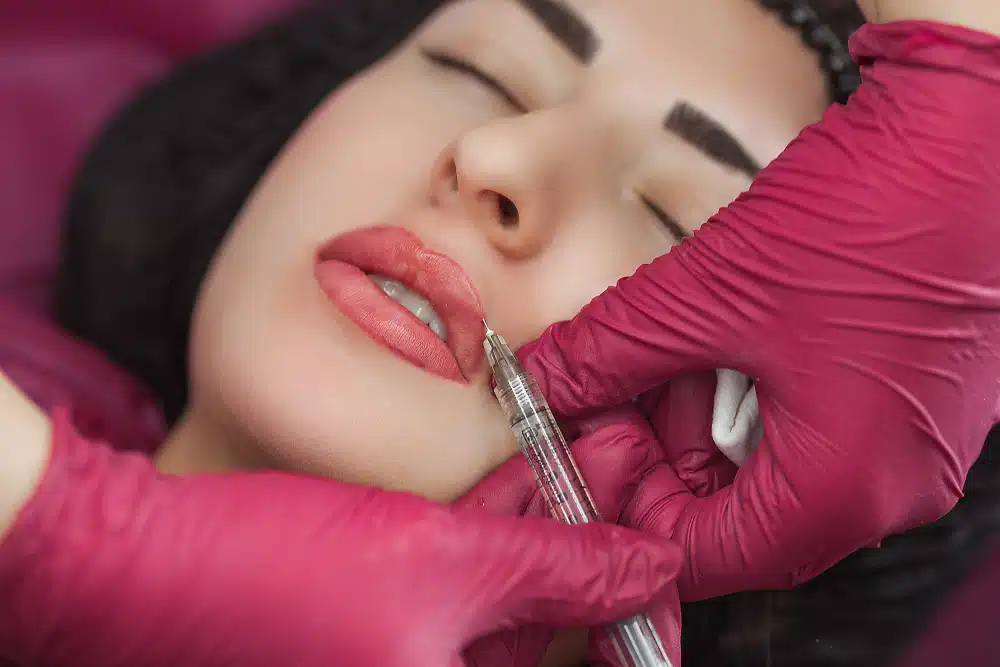Ah, testosterone. The king of male hormones, responsible for that deep voice, sculpted physique, and, well, let’s just say, a healthy libido. But as Father Time marches on, testosterone levels, like a tire with a slow leak, can gradually deflate. This can leave some men feeling like a shadow of their former selves, battling fatigue, low sex drive, and that dreaded middle-aged spread.
Enter Testosterone Replacement Therapy (TRT), a treatment that’s become increasingly popular. But is it a magic bullet? Hold your horses, partner. TRT isn’t for everyone, and wading into the world of hormone therapy deserves a cautious approach.
Feeling the Rumble? Signs of Low Testosterone
Before diving headfirst into Testosterone Replacement Therapy, it’s crucial to understand the symptoms of low testosterone. These can include:
- Low libido and erectile dysfunction: Let’s face it, this is a big one for many men. Low testosterone can make that spark fizzle out, leading to difficulty achieving or maintaining an erection.
- Fatigue and decreased energy: Ever feel like you could nap through a hurricane? Low T can zap your energy levels, making even simple tasks feel like climbing Mount Everest.
- Mood swings and irritability: Testosterone plays a role in mood regulation. When levels drop, you might find yourself feeling cranky, on edge, or even depressed.
- Loss of muscle mass and increased body fat: Notice your once-defined physique softening around the edges? Low testosterone can make it harder to build muscle and easier to pack on pounds.
- Difficulty concentrating and brain fog: Ever feel like your brain is stuck in molasses? Testosterone can impact cognitive function, leading to memory problems and trouble focusing.
Not So Fast: When TRT Might Not Be the Answer
While TRT can be a game-changer for some men, it’s not a one-size-fits-all solution. Here’s why it might not be the right choice for you:
- Normal Age-Related Decline: Testosterone levels naturally decrease with age. This doesn’t necessarily mean you have a deficiency.
- Underlying Medical Conditions: There could be other reasons for your symptoms, like thyroid problems or sleep apnea. Addressing these can naturally boost your testosterone levels.
- Potential Side Effects: TRT isn’t without its risks. Increased risk of heart attack, stroke, and sleep apnea are some concerns.
Taking the Plunge: What to Expect with Testosterone Replacement Therapy
If you and your doctor decide TRT is the right path, here’s what to expect:
- Diagnosis: A blood test will confirm low testosterone levels.
- Treatment Options: TRT comes in various forms, including injections, gels, patches, and pellets. Each has its pros and cons, so discuss the best option with your doctor.
- Monitoring: Regular blood tests and check-ups are crucial to monitor your testosterone levels and adjust the dosage as needed.
Frequently Asked Questions (FAQs) About Testosterone Replacement Therapy
- Will TRT make me look like a bodybuilder? Maybe not Mr. Universe, but it can help build muscle mass and reduce body fat.
- Is TRT safe? Like any medication, there are risks. Discuss these thoroughly with your doctor.
- Will TRT boost my sex life? It can improve libido and erectile function, but it’s not a guaranteed fix.
- How long will I need to be on TRT? Typically, it’s a lifelong commitment.
The Bottom Line: Testosterone Replacement Therapy – A Decision Worth Considering
Testosterone Replacement Therapy can be a powerful tool to help men combat the effects of low testosterone. However, it’s not a decision to take lightly. Consult with a qualified healthcare professional to discuss your symptoms, explore other potential causes, and weigh the risks and benefits of TRT. Remember, there’s no shame in seeking help. A frank conversation with your doctor could be the key to feeling like yourself again.



One thought on “Is Testosterone Replacement Therapy the Right Choice for You?”